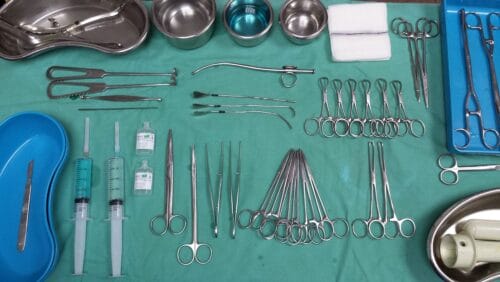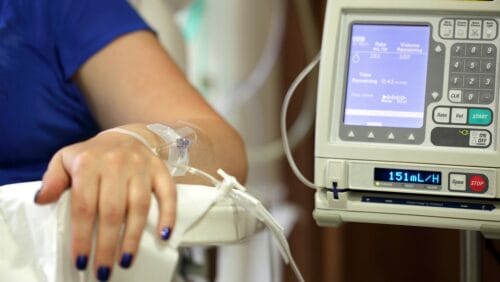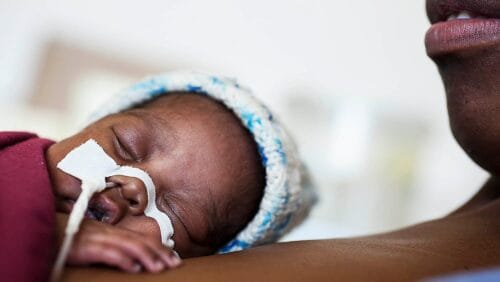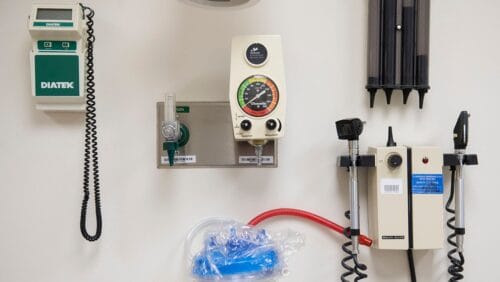Posts Tagged ‘Social Determinants of Health’
Hospital Program Fosters Equity Through Music
A clinic-based music program gives careful consideration to clients’ unique needs, enabling better access to developmental enrichment opportunities for children and families.
Read MoreCreating a Home for Public Health and Advocacy In Surgery
A grassroots organization of surgeons and medical students is shining a light on social determinants of health in surgery.
Read MoreTreating the Whole Person After a Cancer Diagnosis
When a patient receives a cancer diagnosis, following the doctor’s recommended treatment plan is critical to ensuring the best possible outcome for their situation. But for people who face mental health issues such as depression or who lack access to basic needs such as reliable transportation and food, adhering to treatment is easier said than…
Read More‘Meth Is Here and Now’: A Growing Presence in the Opioid Crisis
An HIV and addiction expert shares his insights into the evolving presence of methamphetamine in the opioid crisis and its implications for curbing substance use disorder.
Read More‘We Need Interdisciplinary Collaboration to Solve Tough Problems’
In overcrowded waiting rooms of emergency departments across the country, every chair tells a story. In one seat, a man suffers heart palpitations because he missed a ride to his dialysis appointment. In another, a little girl wheezes from an asthma flare-up caused by mold in her family’s apartment. Countless stories reveal seemingly trivial factors…
Read MoreFood Access and Education Take Root in Hospital Farms
Onsite farming provides ripe opportunity to improve food access and engage patients in better nutrition, benefiting outcomes and healthcare spending.
Read MoreImmigrants’ Healthcare Access Concerns Call for Legal Navigation
An uncertain political climate has created confusion among immigrant patients and their providers alike, highlighting the need for expert consultation.
Read MoreNICU Moms Want to Breastfeed — So Why Don’t They?
Mother’s milk brings a range of health benefits, including improved brain development and a reduced risk of serious illness and infection. Providing milk can pose a challenge for any new mom, but the challenge is even greater for the mothers of very low birth weight (VLBW) infants — those born weighing 3.3 pounds or less, and usually before 30 weeks of gestation. These tiny and vulnerable babies can spend weeks or months in the neonatal intensive care unit (NICU), creating serious barriers to mothers’ pumping and feeding of their own milk.
Read MoreBuy-In and Feedback Crucial for SDOH Screening Implementation
A new paper finds that factors affecting SDOH screening use vary by clinic, suggesting that local clinicians merit say-so in implementation.
Read MoreCan Housing Assistance Alone Boost Cancer Screening?
An analysis of federal data found no link between housing assistance and cancer screening rates, highlighting the importance of other barriers to care.
Read MoreA Smarter Policy Approach to Improving Housing Stability
Childcare costs, taxes, and eviction policies have an intertwined influence on housing stability, according to a new report from Children’s HealthWatch.
Read MoreA Model for Integrating SDOH Screening and Referral in the EHR
Study shows success in using EHR technology to streamline social determinant of health screening and referrals to hospital and community resources.
Read More










